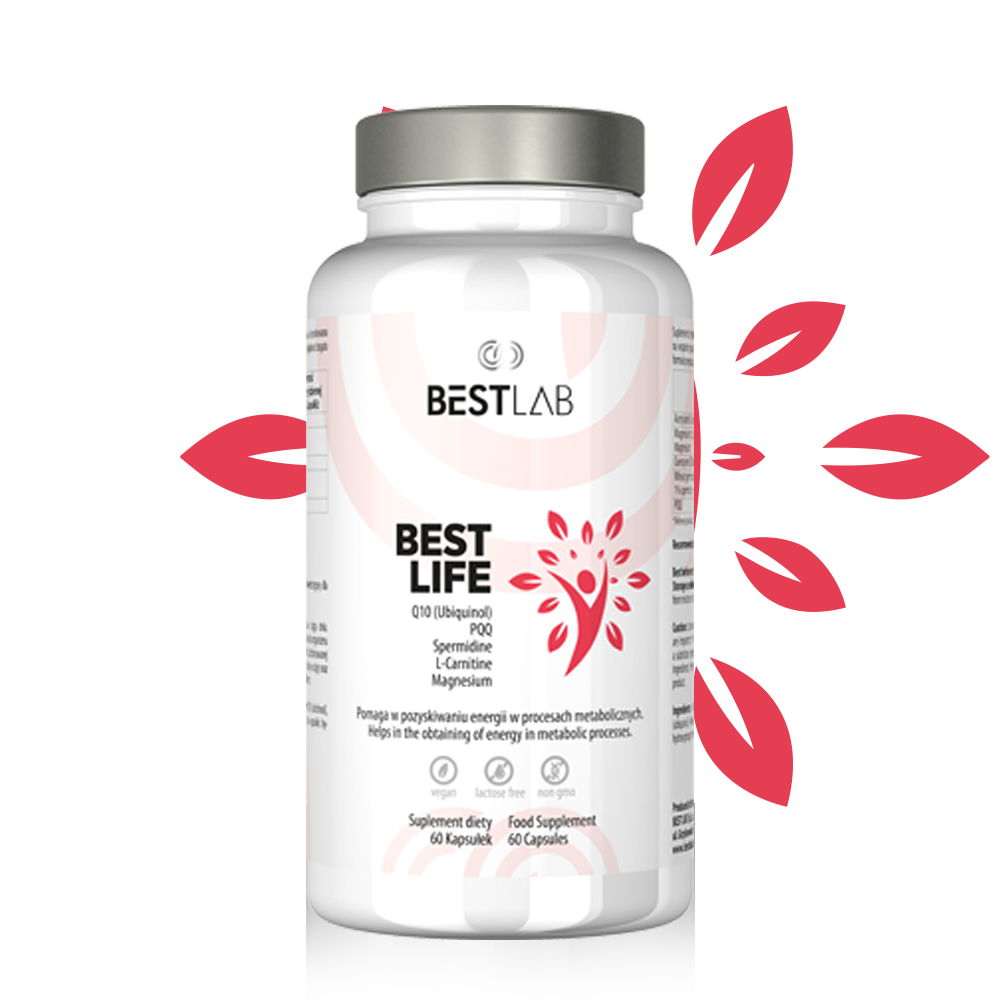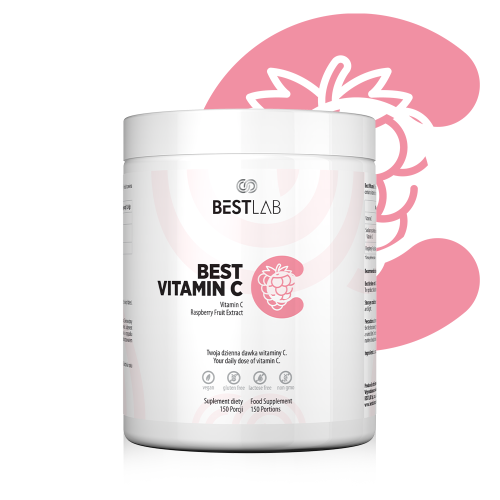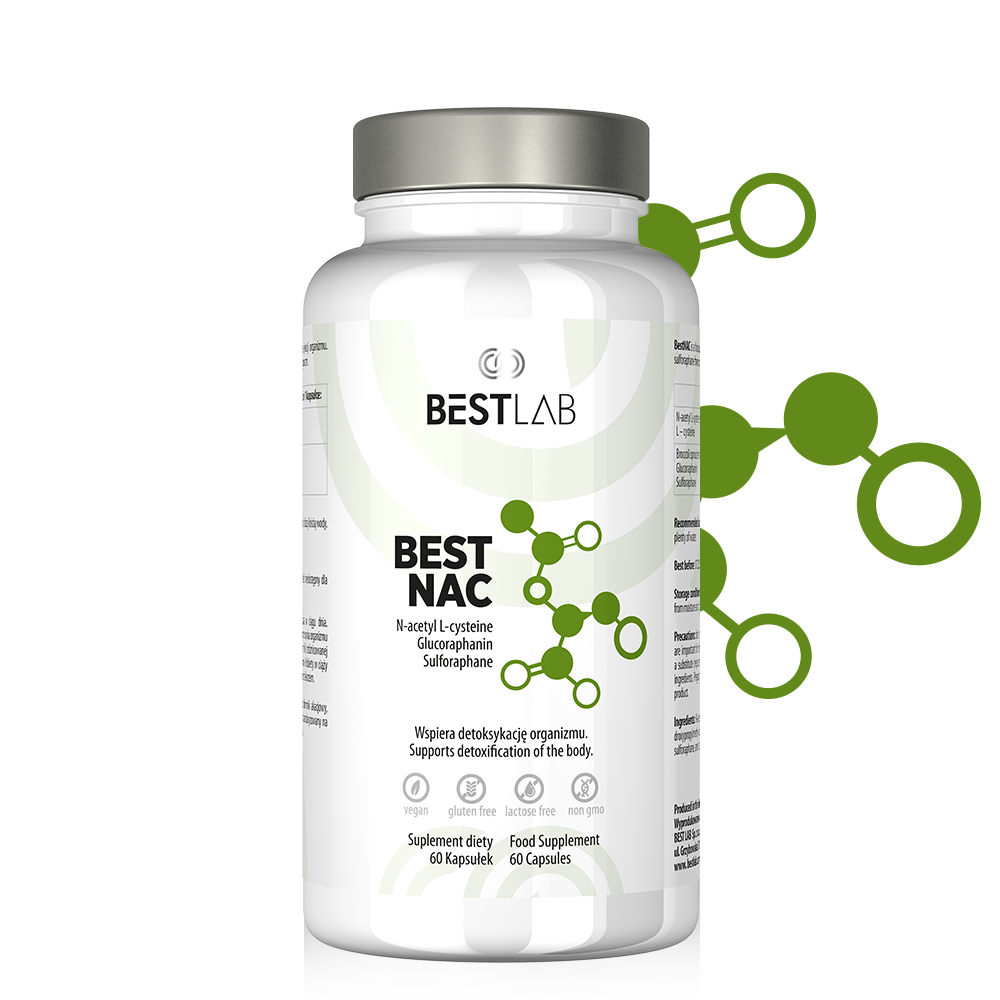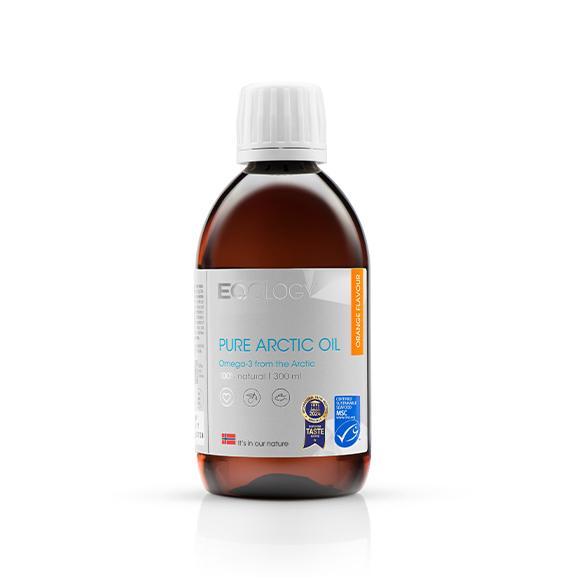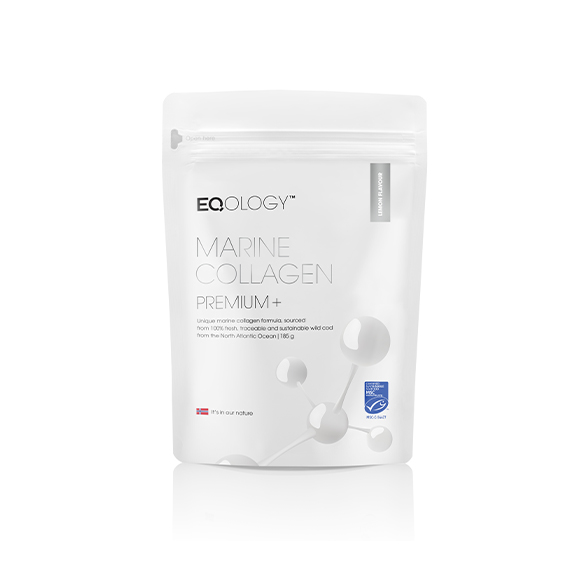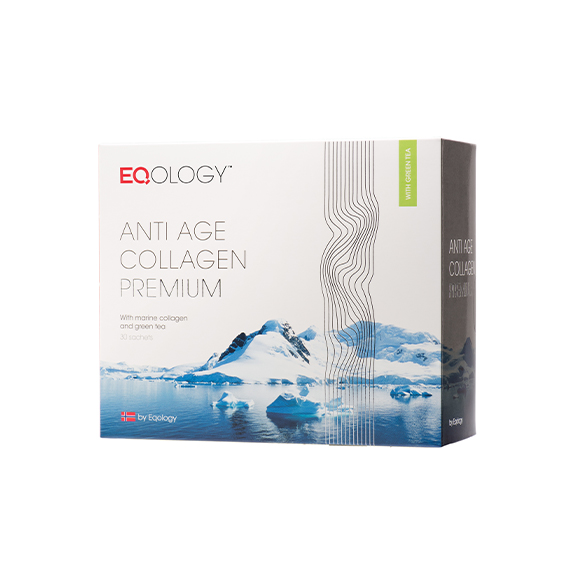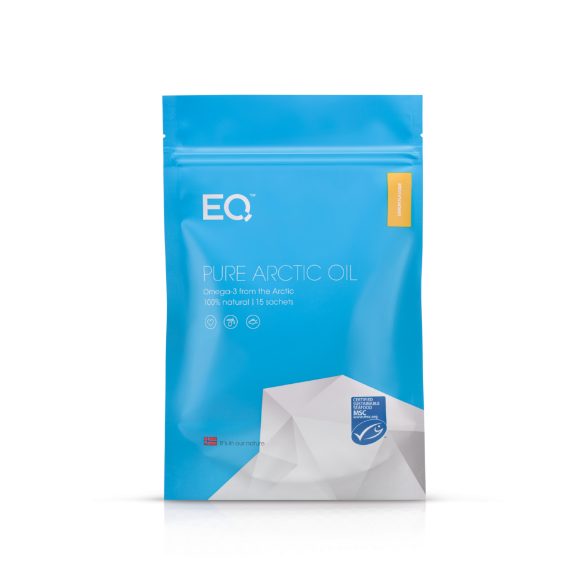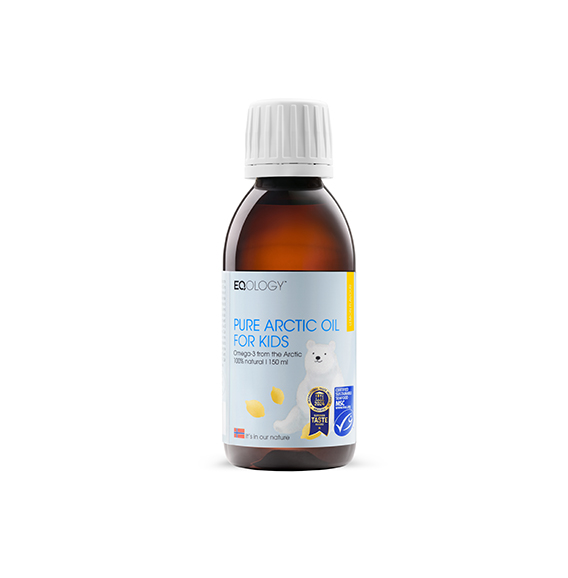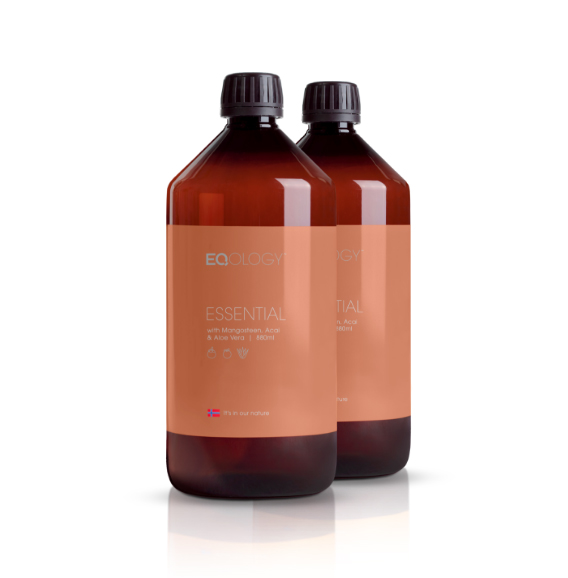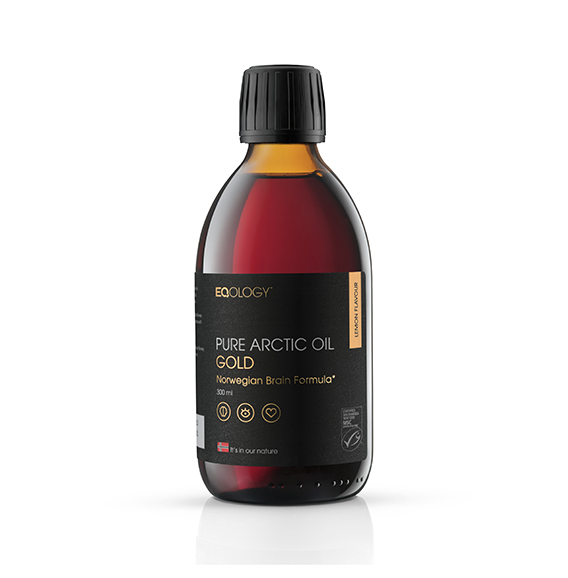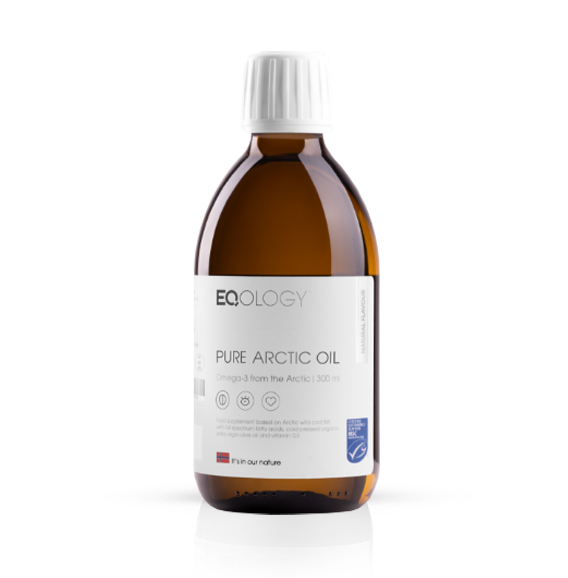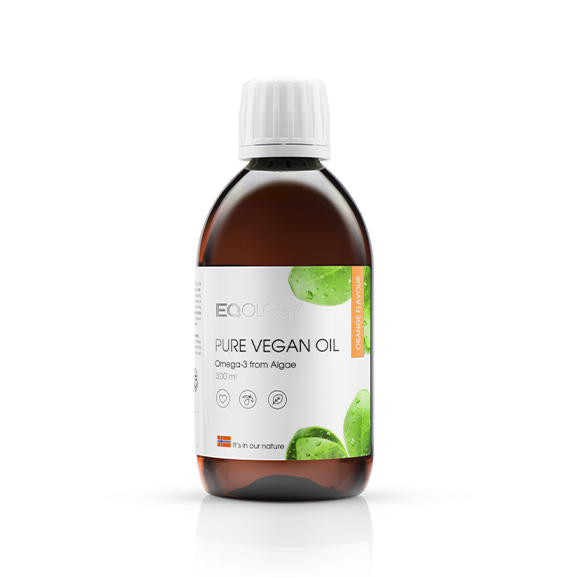Oxidative stress arises from the natural process of oxidation, where your body’s cells interact with the oxygen you breathe. This process is akin to how a sliced apple turns brown upon exposure to air.
Oxidation occurs during various bodily functions:
– Cellular breakdown of glucose for energy production
– Detoxification processes
– Immune system responses to combat infections
WHAT TRIGGERS OXIDATIVE STRESS?
Oxidative stress occurs when there’s an imbalance between free radicals and antioxidants in your body. Factors contributing to this imbalance include:
– Exposure to cigarette smoke or air pollution
– Alcohol consumption
– Elevated blood sugar levels
– High intake of polyunsaturated fatty acids
– Infections caused by bacteria, fungi, or viruses
– Excessive intake of antioxidants like vitamin C/E
– Imbalances in minerals such as iron, magnesium, copper, or zinc
– Deficiency in antioxidants
– Physical and emotional stress
While many of these triggers can be mitigated through lifestyle changes, athletes face additional risk factors such as fluctuating oxygen levels in the body and the strain of intense and prolonged exercise.
HOW DOES OXIDATIVE STRESS AFFECT THE BODY?
Oxidative stress leads to the production of molecules called free radicals. These unstable molecules interact with cellular structures, causing damage to cells, mitochondria, and DNA. While some free radicals play a role in immune responses, excessive levels can lead to diseases such as cancer, diabetes, cardiovascular issues, and neurological conditions like multiple sclerosis. Additionally, oxidative stress contributes to the ageing process and chronic inflammation.
WHAT ARE ANTIOXIDANTS AND THEIR ROLE?
Antioxidants are molecules that neutralize free radicals by donating electrons to stabilize them. They are naturally produced in the body and found in antioxidant-rich foods like fruits and vegetables. Antioxidants help counteract oxidative stress and are crucial in maintaining overall health.
OXIDATIVE STRESS AND EXERCISE
While moderate exercise can reduce oxidative stress, it also temporarily increases its levels. Exercise-induced oxidative stress occurs due to heightened metabolism and increased oxygen uptake during physical activity. Regular exercise enhances the body’s antioxidant response, aiding in the regulation of oxidative stress levels over time.
As an antioxidant, CoQ10 helps neutralize harmful free radicals, protecting cells from oxidative damage. It works both independently and synergistically with other antioxidants in the body, such as vitamin E and vitamin C, to combat oxidative stress.
Supplementation with CoQ10 may be beneficial, particularly for individuals with conditions associated with increased oxidative stress, such as cardiovascular diseases, neurodegenerative disorders, and age-related decline. By scavenging free radicals and supporting cellular health, CoQ10 contributes to overall well-being and longevity.

